
Psychedelic Porn Crumpets
Friday, Feb 27, 2026
19:00:00
, Manchester
Nestled within the vibrant heart of Manchester, Albert Hall stands as a monument to both architectural grandeur and enduring musical passion. More than just a concert hall, it’s a sanctuary where the past and present of live music converge, offering an unparalleled experience that resonates long after the final encore. Its ornate Baroque Revival facade conceals a space that has, for decades, been a crucial crucible for seminal musical moments, from intimate gigs to larger-than-life spectacles. This profile delves into the rich tapestry of Albert Hall, exploring its storied past, its unique place in Manchester's musical ecosystem, and the unforgettable experiences it offers its patrons.
The genesis of Albert Hall is intrinsically linked to its striking architectural design, which predates its life as a music venue by many years. Constructed between 1908 and 1910, Albert Hall was originally built as a Methodist Central Hall, conceived to be a large, non-conformist place of worship and a hub for social and religious activities. Its design, by renowned Manchester architect George Edward Webb, was intended to be majestic and inspiring, reflecting the Edwardian era's penchant for grandeur. The building’s most defining feature is its magnificent Baroque Revival style, characterized by its imposing stone façade, intricate detailing, and a striking dome that crowns its silhouette against the Manchester skyline.
The hall's original purpose as a place of congregation meant that acoustics were a significant consideration, even then. The vast, open interior, with its high ceilings and carefully considered layout, was designed to project sound effectively. While the spiritual messages of sermons and hymns filled its airwaves in its early decades, the very elements that made it an effective place of worship – its soaring acoustics and capacity for large gatherings – would later prove to be its perfect attributes for hosting live music. The building’s transition from a place of spiritual solace to a temple of sonic expression is a testament to its adaptability and the enduring power of shared experience within its hallowed walls.
Albert Hall’s journey from a Methodist hall to a premier music venue is a fascinating micro-history in itself, marked by its acquisition and transformation in the early 21st century. Following years of disuse and at risk of dilapidation, the building was acquired and underwent extensive refurbishment, meticulously preserving its architectural integrity while retrofitting it for modern-day performance. This careful restoration is a key aspect of its USP – the ability to transport audiences to another era while providing a world-class live music experience. The raw, unvarnished beauty of its original features, juxtaposed with state-of-the-art sound and lighting, creates an atmosphere that is both historically resonant and viscerally exciting.
This dual nature has allowed Albert Hall to carve out a unique niche. It’s not a sterile, purpose-built arena, nor is it a cramped, underground club. It occupies a distinct middle ground, offering the intimacy of a historical setting without compromising on the scale required for significant touring acts. Its role in the local music scene is therefore one of preservation and elevation, providing a platform for artists to perform in an environment that amplifies their sound and the emotional impact of their music. The building itself becomes a co-performer, its very walls absorbing and reflecting the energy of the crowd and the artist, fostering a unique symbiotic relationship.
Albert Hall’s USP – its unique fusion of breathtaking historical architecture with world-class live music and intimate atmosphere – has made it a coveted stage for artists across genres. The ornate interior, with its vaulted ceilings, stained-glass windows, and grand organ, provides a dramatic backdrop that elevates any performance. The sense of history and the palpable atmosphere imbue every gig with a special significance. This is a venue where the spiritual echoes of its past seem to resonate with the secular rapture of a live performance, creating an almost transcendental experience.
Over the years, Albert Hall has hosted an impressive array of artists, etching their names into its storied past:
These are just a handful of the many artists who have graced the Albert Hall stage, each contributing to its ongoing legacy as a vital hub for live music in Manchester. The venue’s ability to feel both grand and intimate, historic and contemporary, is what makes it a truly special destination for music lovers and performers alike.
The nearest major train station is Manchester Piccadilly, which is approximately a 15-20 minute walk away. Manchester Victoria station is also a viable option, roughly a 10-15 minute walk. Frequent services run from across the UK to both stations.
Numerous bus routes serve the city centre, with many stopping within a short walk of the venue. The nearest major bus interchange is at Piccadilly Gardens or Shudehill Interchange, both a short walk from Albert Hall. Check local bus operator websites for specific routes and timetables.
Driving to Albert Hall is possible, though central Manchester can experience heavy traffic, and parking is primarily in multi-storey car parks.
Please note: It is advisable to check the venue's website for any specific directions or recommendations on arrival for ticket holders.
Albert Hall is committed to making live music accessible to all. The venue is largely accessible, however, due to its historical nature, some features may have limitations.
It is highly recommended that patrons with specific accessibility requirements contact the venue directly in advance of their visit to discuss their needs and ensure the best possible experience.
To ensure a smooth and enjoyable visit to Albert Hall, please be aware of the following:
Albert Hall has a capacity of approximately **1,600** people for standing gigs. Seated arrangements for specific events may vary.
Albert Hall is easily accessible by train to Manchester Piccadilly or Victoria stations, followed by a short walk. Numerous bus routes also serve the city centre, with stops a short walk away from the venue.
Yes, Albert Hall offers wheelchair accessibility with designated entrances and accessible toilets. Limited raised seating is available for wheelchair users and their companions. It is recommended to contact the venue in advance to discuss specific needs.
Door opening times vary for each event. They are typically listed on the event's ticket page and the venue's official website. It is advisable to check this information before your visit.
Several multi-storey car parks are located within a 5-15 minute walk of Albert Hall, including Q-Park Deansgate, First Street Car Park, and St James's Multi-Storey Car Park. Driving and parking in central Manchester can be subject to traffic and charges.

Friday, Feb 27, 2026
19:00:00
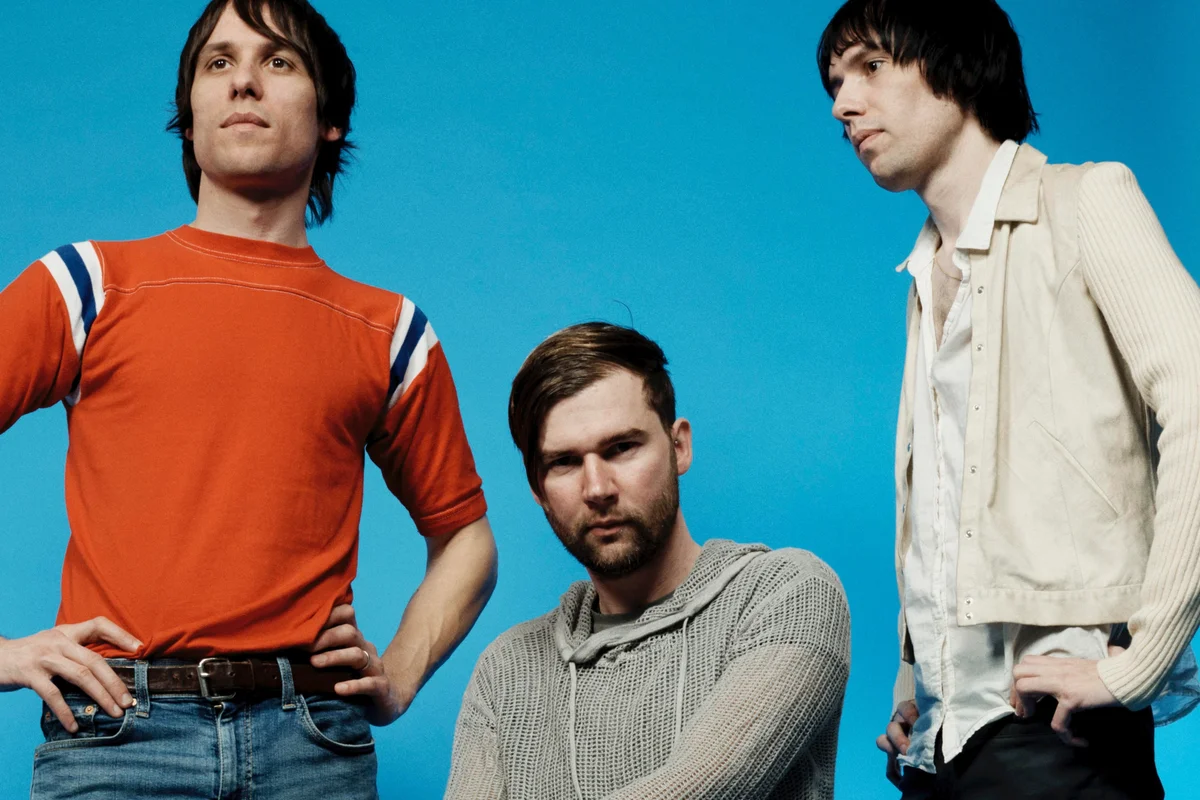
Saturday, Mar 21, 2026
19:00:00
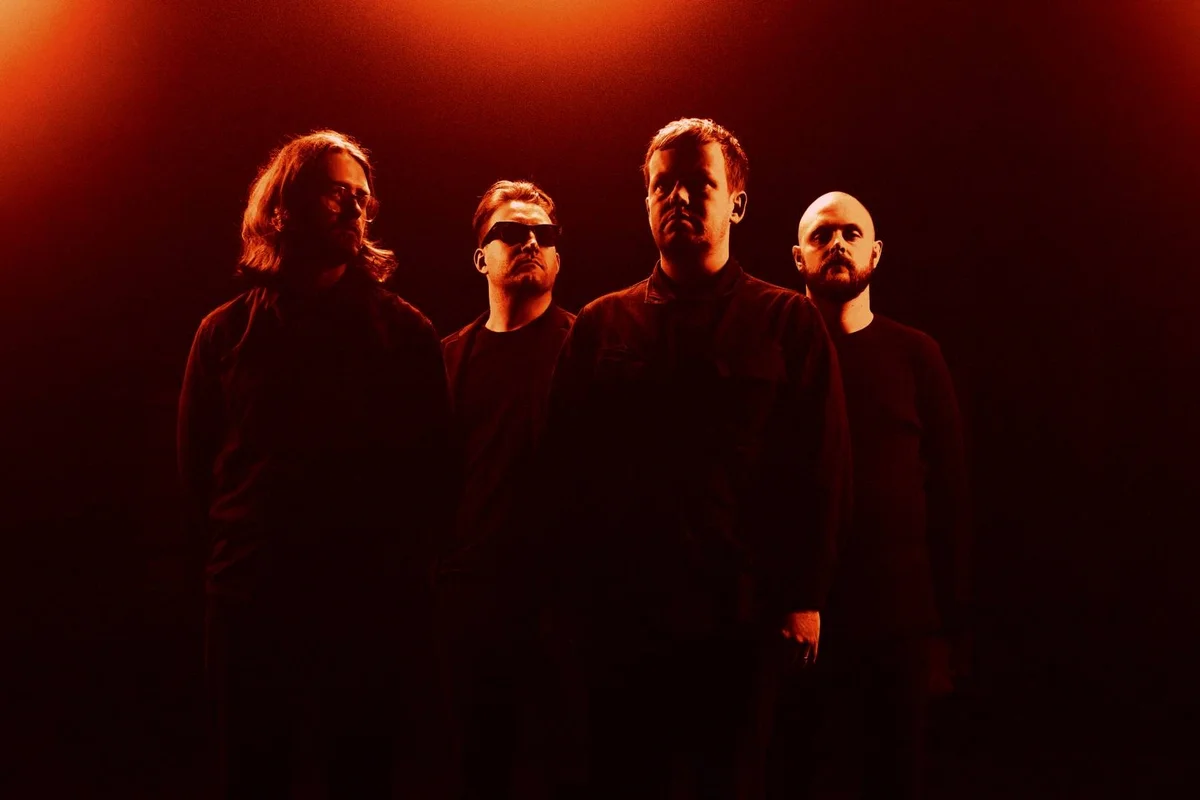
Friday, May 1, 2026
19:00:00
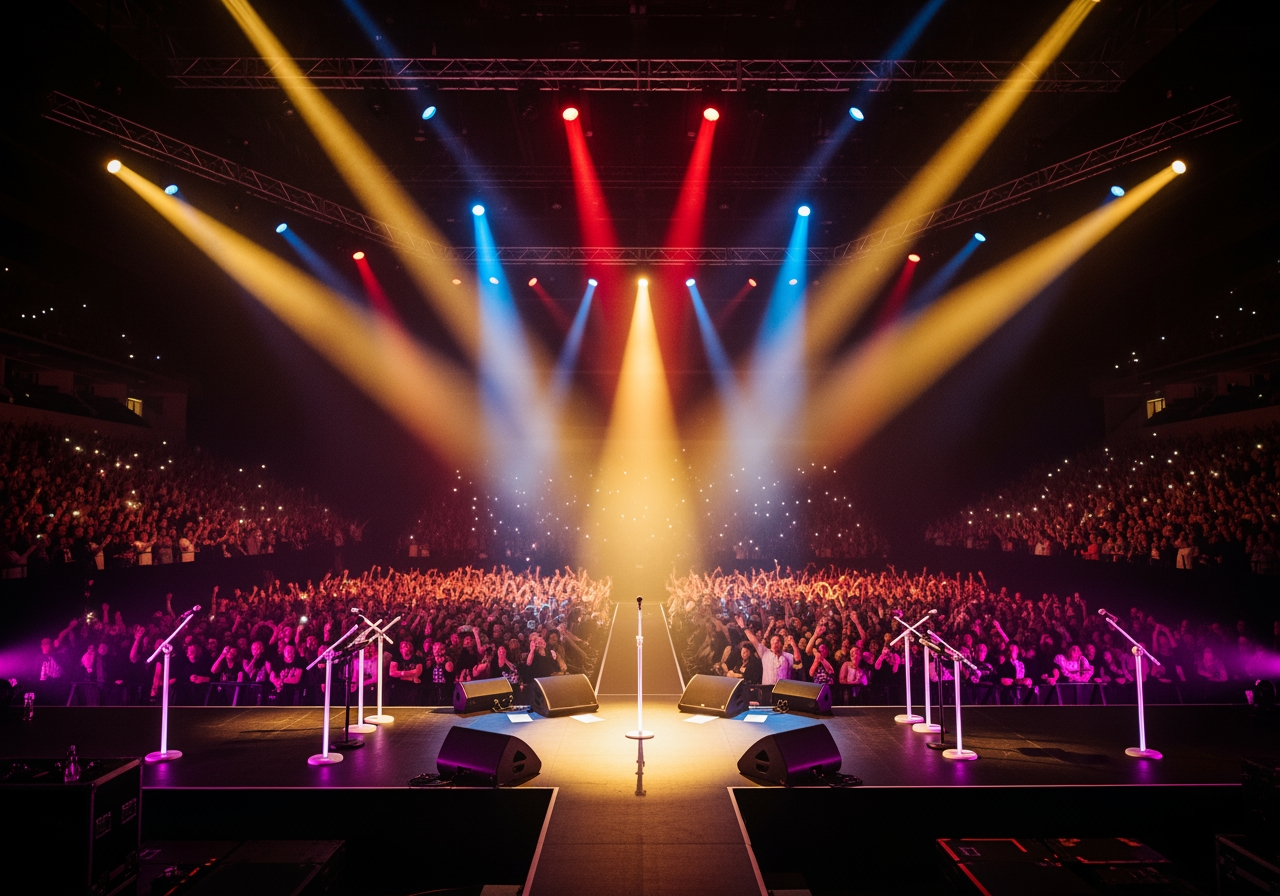
Saturday, May 9, 2026
19:00:00
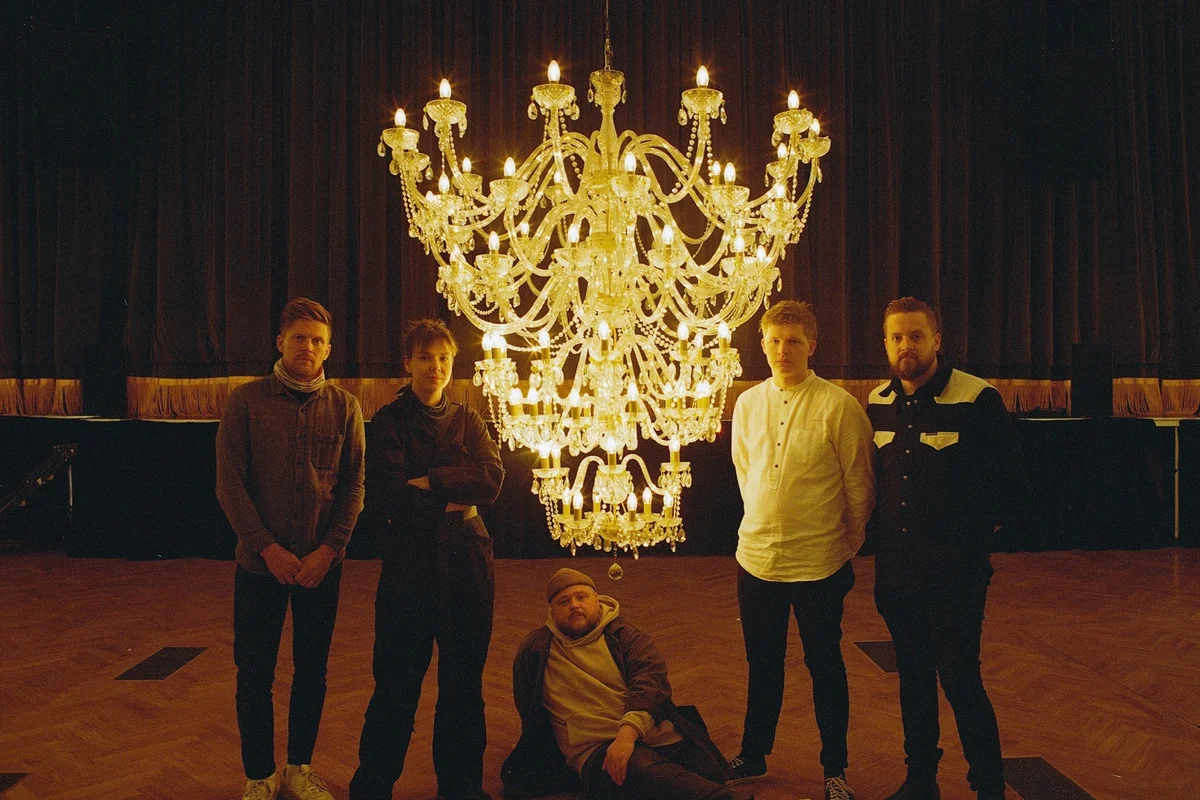
Friday, May 29, 2026
19:00:00

Monday, Oct 19, 2026
20:00

Wednesday, Nov 4, 2026
20:00

Saturday, Feb 28, 2026
19:00:00

Friday, Mar 27, 2026
19:00:00
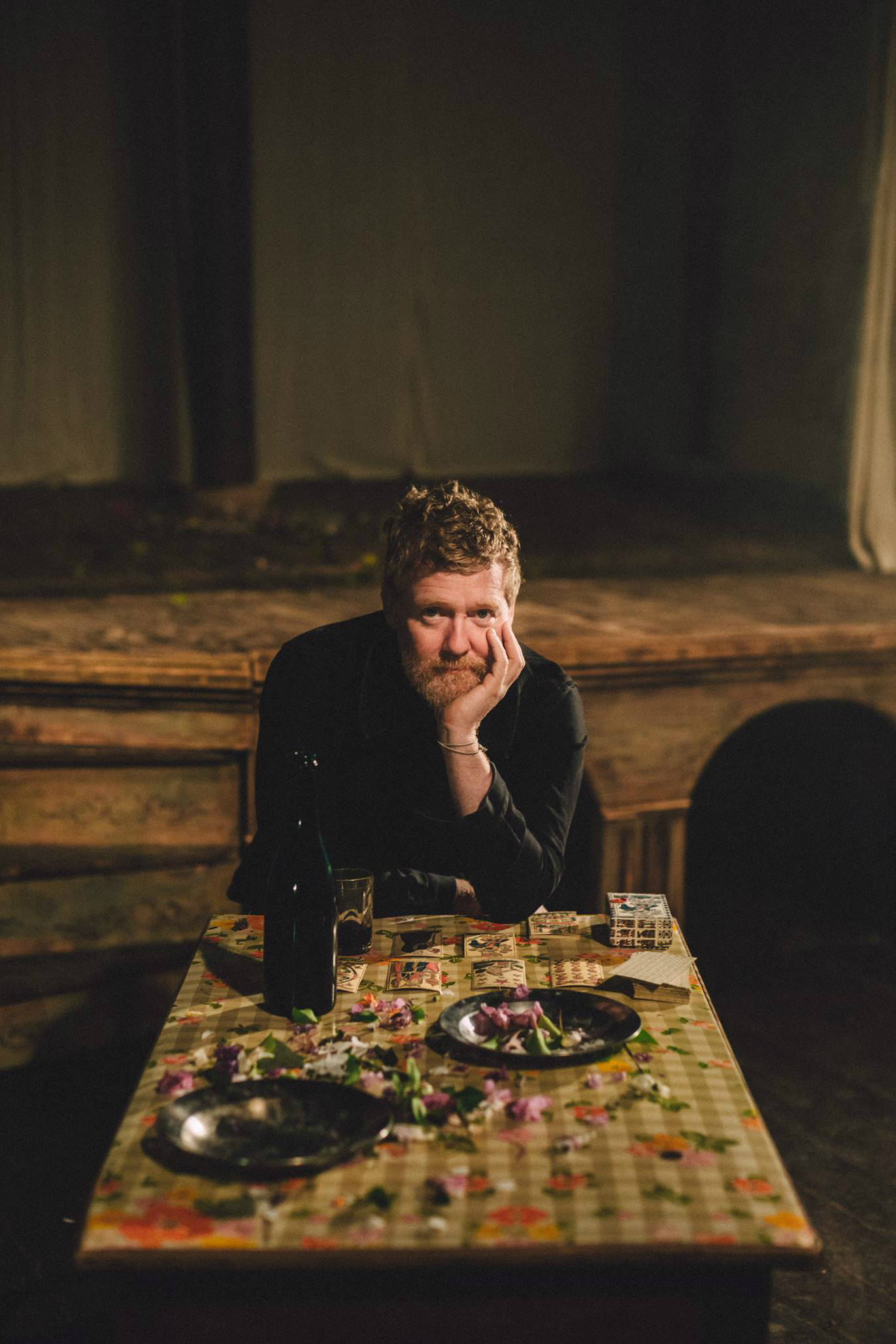
Friday, May 22, 2026
20:00
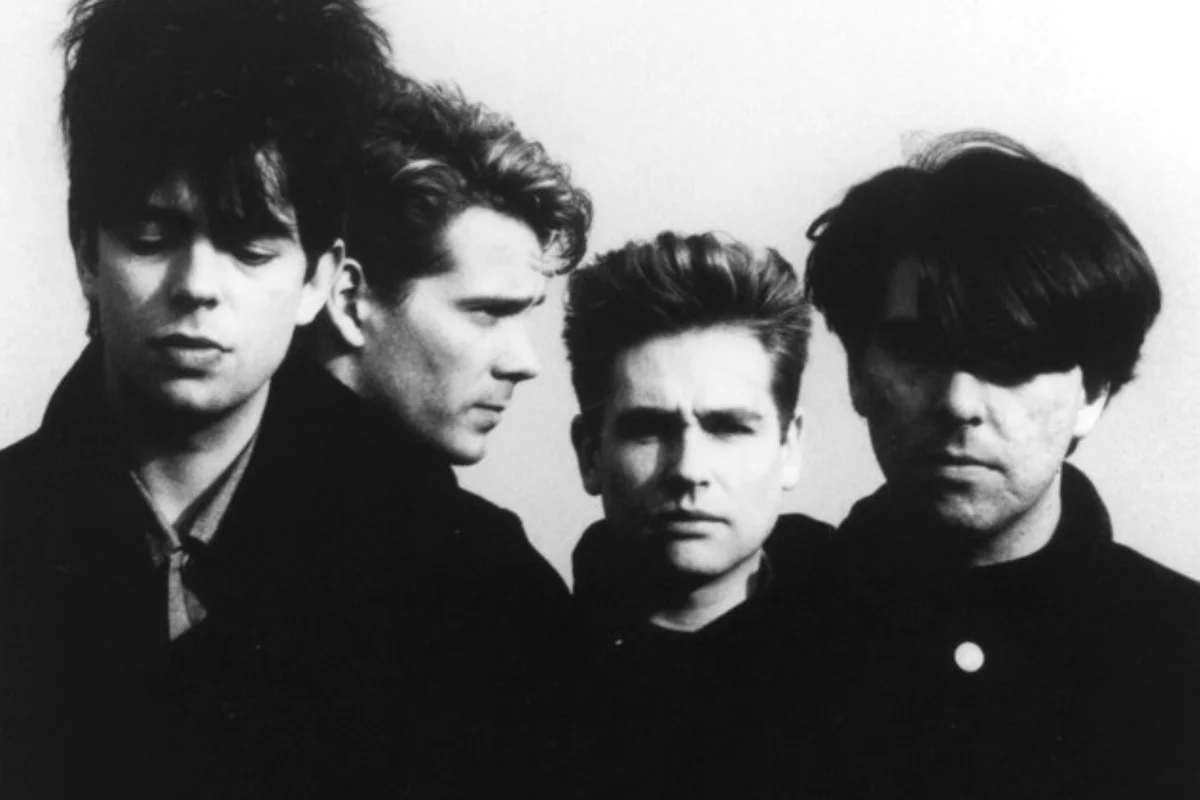
Wednesday, Mar 11, 2026
19:00:00
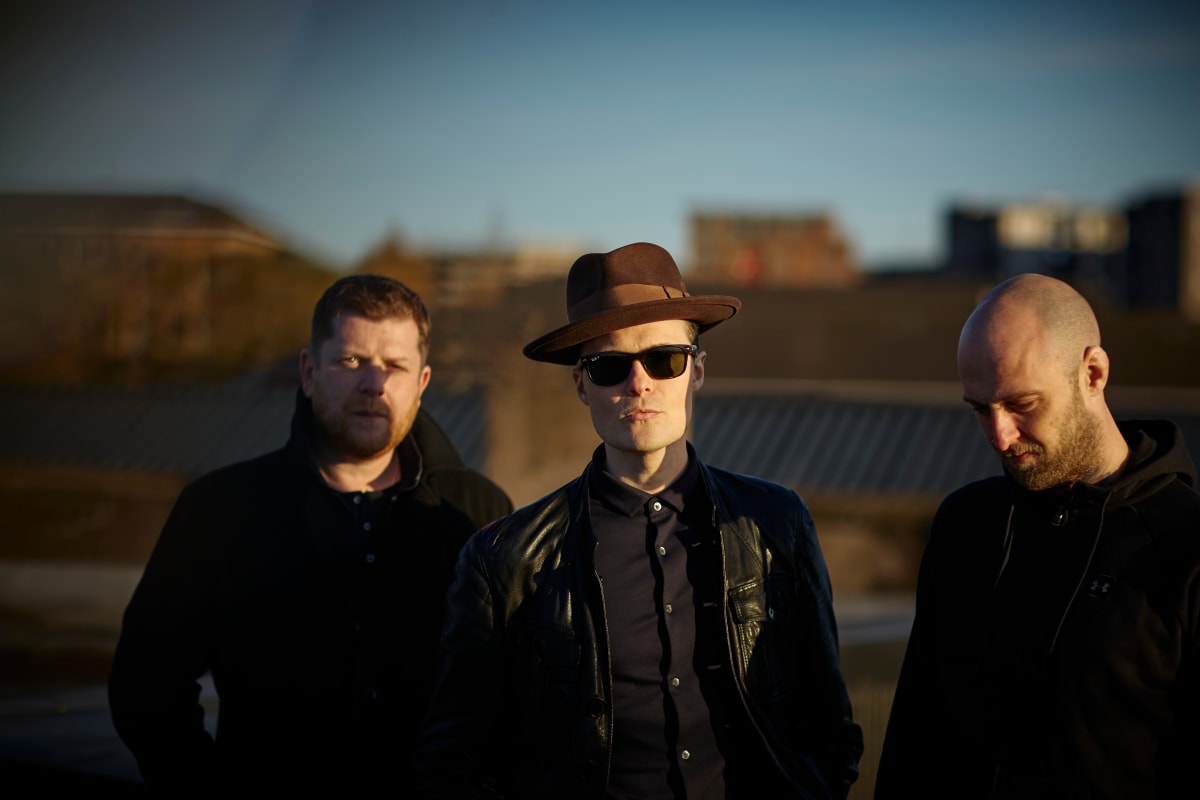
Saturday, Feb 21, 2026
19:00:00

Thursday, Mar 26, 2026
19:00:00
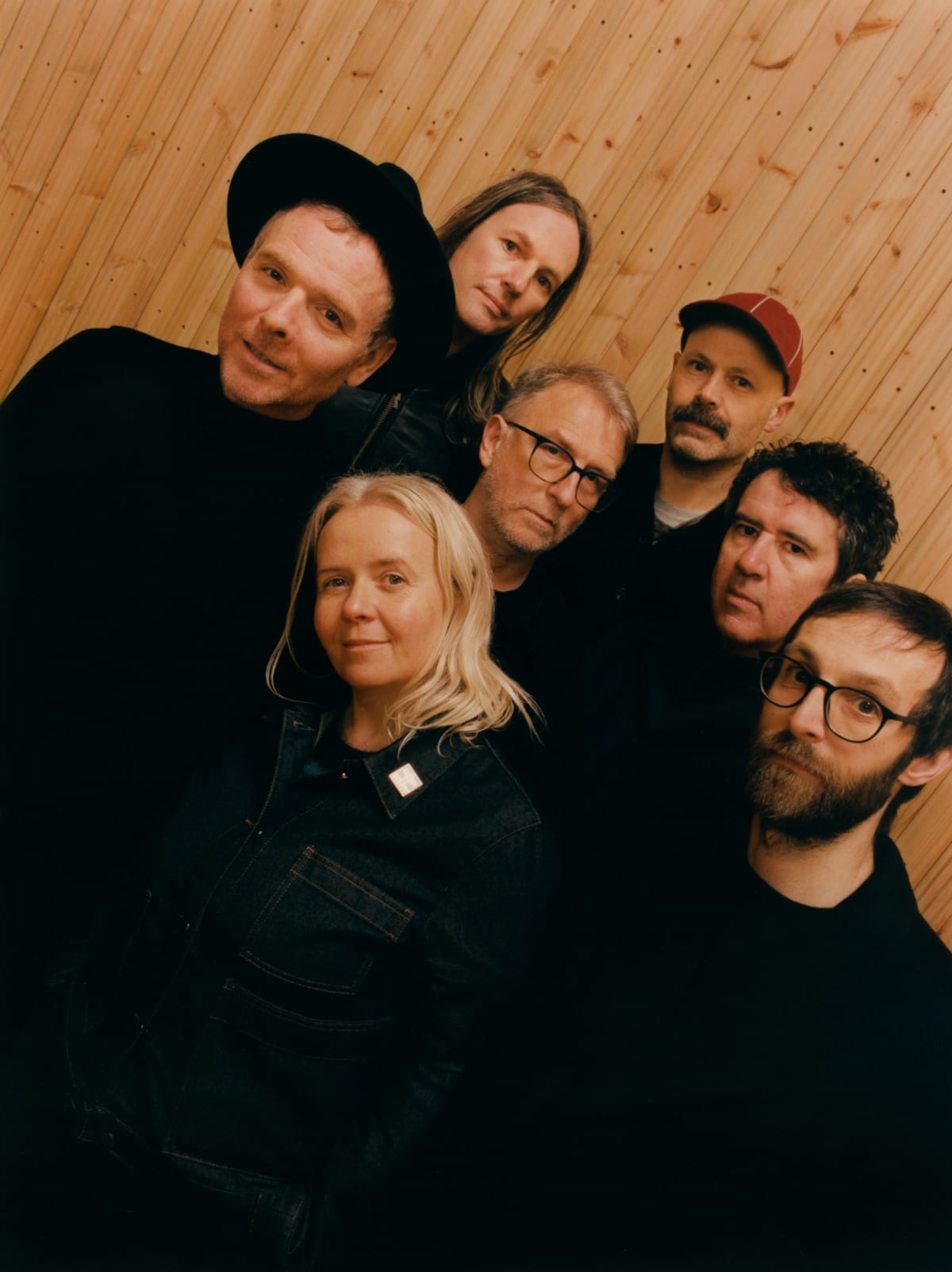
Saturday, Apr 11, 2026
20:00
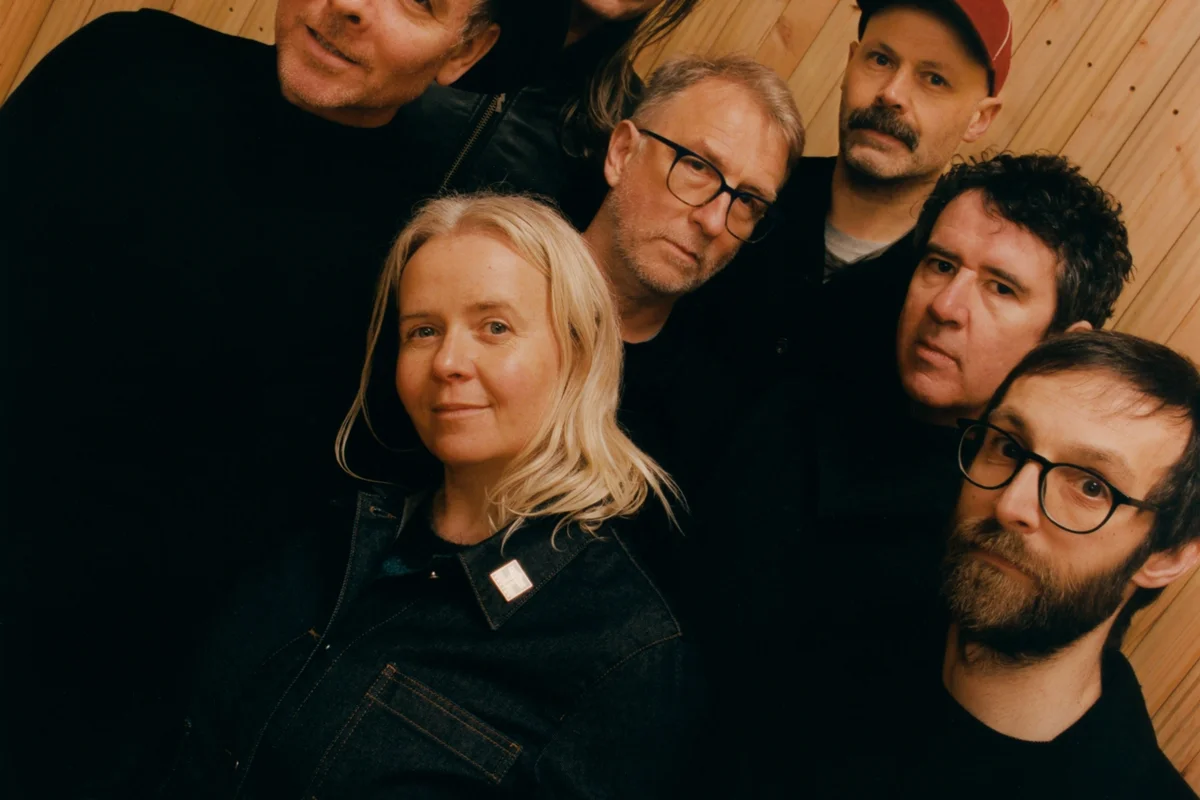
Sunday, Apr 12, 2026
19:00:00

Sunday, Mar 1, 2026
19:00:00

Monday, Apr 13, 2026
19:00:00

Wednesday, Apr 8, 2026
19:00:00

Monday, Nov 30, 2026
19:00:00